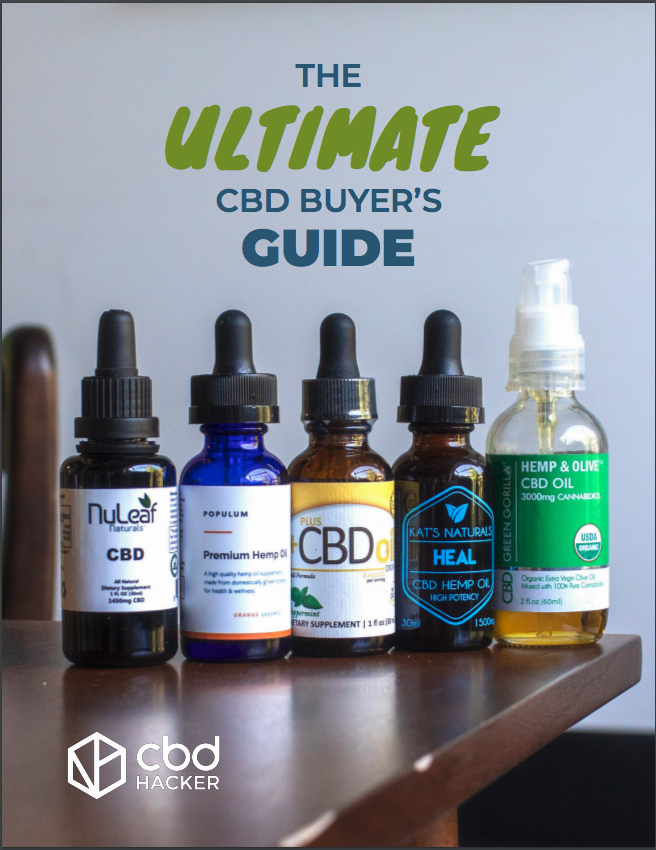A new hemp law is having an unexpected impact on marijuana prosecutions in Texas.
That’s because the law, which went into effect on June 10, legalized hemp that contains less than 0.3 percent THC.
In the past, law enforcement only had to prove that THC was present in a sample in order to pursue a possession charge. Under the new law, more precise testing is necessary to prove that the substance in question falls under the state’s definition of “marijuana.”
But most labs aren’t equipped to determine the exact amount of THC in a sample, and third-party testing is costly. So, without a lab test to prove that the substance in question in above the 0.3 percent threshold for THC, the state has a backlog of possession cases that it can’t prosecute.
In one county, the district attorney’s office will dismiss around 200 misdemeanor cases instead of paying to retest the samples for THC percentage.
Could Congress be considering an end to cannabis prohibition in the US?
This week, Marijuana Moment reported that the House Judiciary Crime, Terrorism and Homeland Security Subcommittee is planning a hearing on marijuana policy. The hearing, which is scheduled for July 10, is titled “Marijuana Laws in America: Racial Justice and the Need for Reform.”
Few details were available, but the publication had received a list of witnesses who were expected to be invited to testify. According to Marijuana Moment’s Kyle Jaeger:
“Given the backgrounds of these individuals, it seems apparent that committee members will be discussing not whether the U.S. should end federal cannabis prohibition, but will focus primarily on how to do it.”
This Week’s Top CBD Deals
NuLeaf Naturals
Discount: 20%
Code: cbdhacker
Pure Hemp Botanicals
Discount: 15%
Code: cbdhack15
Populum
Discount: 15%
Code: Hacker15
4 Corners Cannabis
Discount: 20%
Code: Hacker20
Plus CBD Oil
Discount: 15%
Code: CBDHACKER
CBDmd
Discount: 15%
Code: 15CBDH
CBD preparations with small amounts of THC are now more accessible for Kansans with certain health conditions.
That’s due to Claire and Lola’s Law, which went into effect in the state on July 1. It provides an affirmative defense against prosecution for people with certain conditions who use cannabidiol products with less than 5 percent THC relative to the concentration of CBD.
The law also protects parents from child removal proceedings due to possession or use of these CBD products.
Has there ever been a pair of trends more clearly destined to meet than plant-based protein and CBD?
North American Cannabis Holdings and Kali-Extracts have partnered with West Coast Venture Group to introduce a new CBD-infused meatless burger. And it could be arriving on plates in the US this summer.
Those CBD burgers won’t be appearing on any New York City restaurant menus, though. That’s because a ban on CBD-infused food and drinks went into effect this week in NYC.
With the FDA’s hesitance to approve CBD oil as an ingredient, the city’s health code states that businesses can’t add cannabidiol to food or drinks.
NYC’s health inspectors will now look for CBD as part of their routine inspections. But they won’t begin issuing violations until October.
In Massachusetts, a lawmakers are working to resolve the local hemp industry’s anxiety about CBD regulations.
A recent policy statement from the state’s department of agricultural resources conformed closely to the FDA’s current statements about hemp products. Specifically, the statement declares that the sale of any of the following is unlawful in Massachusetts:
- Any food product containing CBD;
- Any product containing CBD derived from hemp that makes therapeutic/medicinal claims;
- Any product that contains hemp as a dietary supplement;
- Animal feed that contains any hemp products;
- Unprocessed or raw plant material, including the flower that is meant for end use by a consumer.
In response, state legislators introduced a bill that would make it legal to add CBD to food and beverages.





